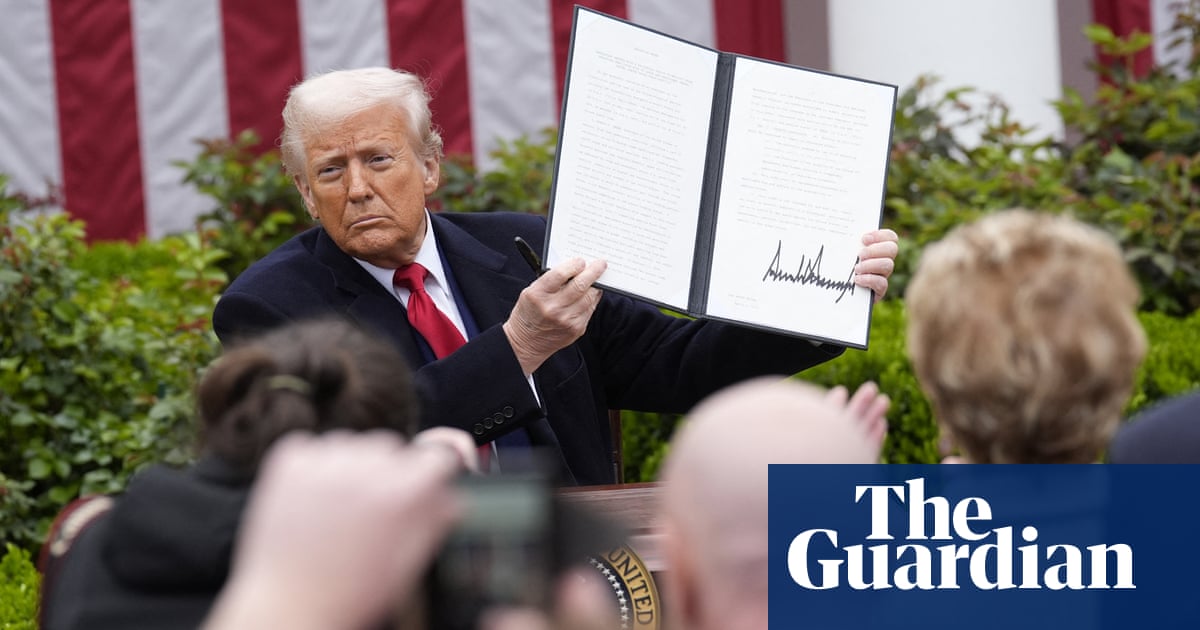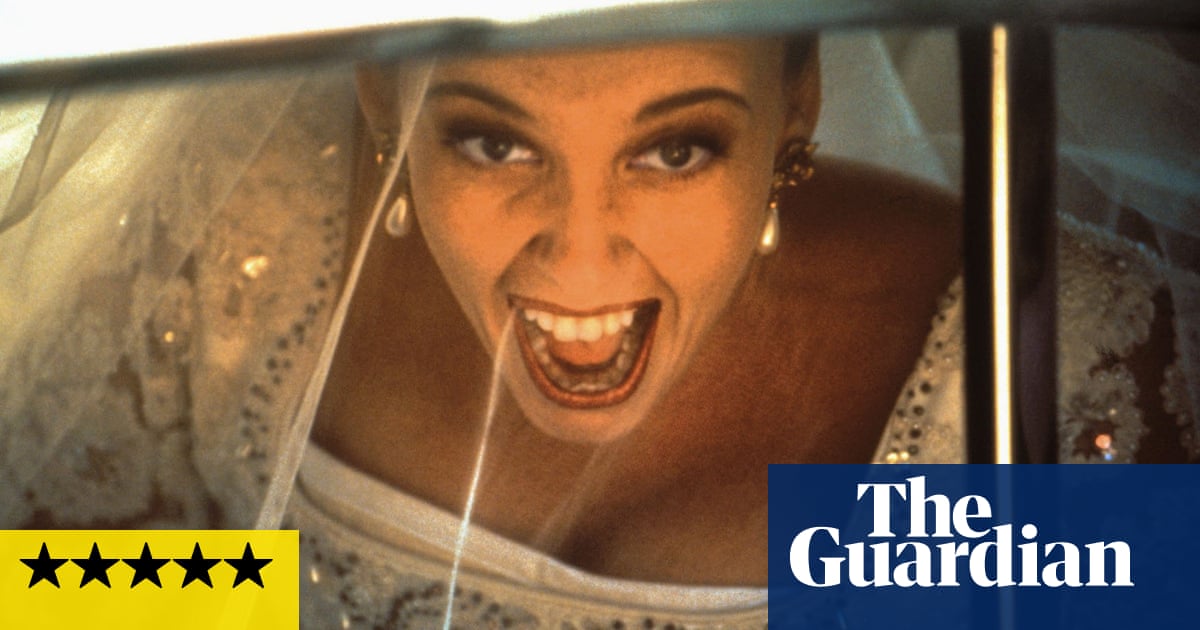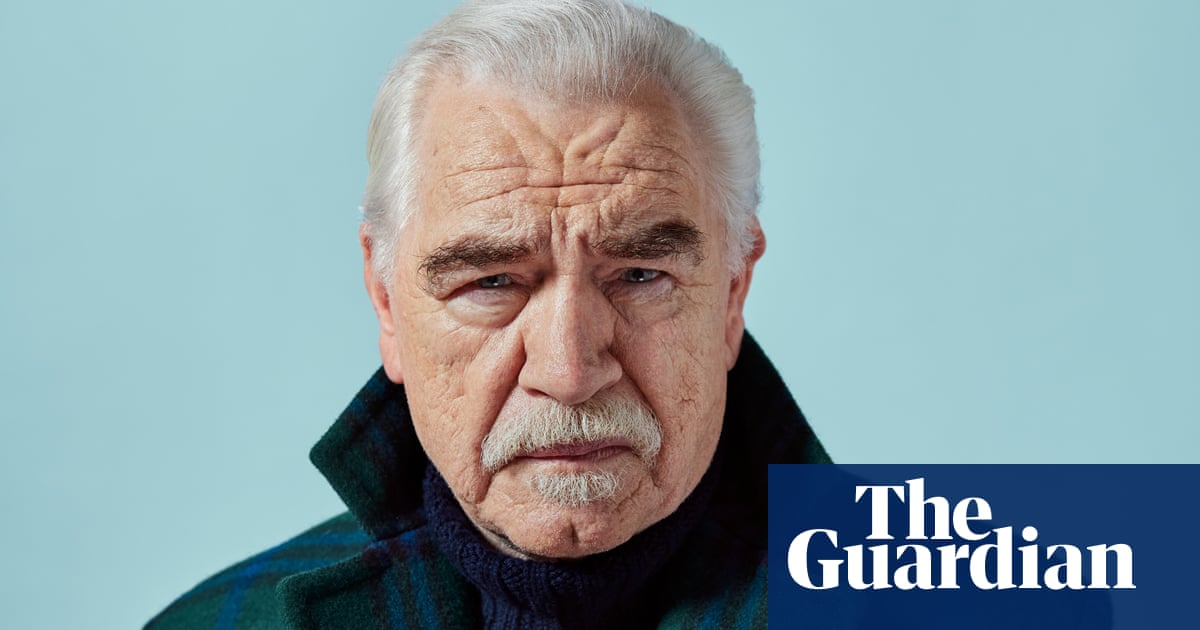Documentary-maker Stephen Soucy pays a handsome, thorough tribute to the remarkable independent production company Merchant Ivory, a period-movie powerhouse with an intensely literary kind of creativity, comprising producer Ismail Merchant, director James Ivory, screenwriter Ruth Prawer Jhabvala and composer Richard Robbins.
It was a company which started with the bustling brilliance of Indian films such as Shakespeare Wallah (1965), whose depiction of a touring Shakespeare company in India effectively provided the template for Merchant’s vision of his own company: an extended family whose members should often accept his big delicious communal meals in lieu of payment.
Merchant Ivory blossomed in the 80s and 90s, producing richly costumed, lavishly furnished, critically acclaimed prize winners taken from EM Forster, Henry James and Kazuo Ishiguro. Films such as The Bostonians (1984), A Room With a View (1985), Howards End (1992) and The Remains of the Day (1993) – the latter being surely their greatest film, with Emma Thompson as a housekeeper in love with Anthony Hopkins’s butler, who cannot express his feelings.
Merchant appears as a lovable, roguishly charming mogul (the Indian origin of that word being appropriate), forever wheeling and dealing, often starting production with little funding in place, always able to dazzle people into deferring their fees and into working with him again and again; the reason was his passion and creative brilliance. The film hints at something of his opaque international financial dealings and the disparity between funds raised in India and those raised in Europe, Britain or the United States: one interviewee says Merchant Ivory was “rupee-rich and sterling-poor”.
Merchant and Ivory were also life partners and theirs is a love story and a marriage as well as a chapter in film history, although a love story which was complicated; Ivory had an affair with Bruce Chatwin and Merchant was involved with Robbins, who himself had a tendresse for the great Merchant Ivory player Helena Bonham Carter.
Merchant Ivory were sometimes derided as hidebound and conventional; the film quotes Alan Parker’s comment about the “Laura Ashley school of film-making” – but it was Merchant Ivory who produced a fine, courageous adaptation of Forster’s gay novel Maurice, a milestone in LGBTQ+ cinema. This documentary includes witty and insightful interviews with MI stalwarts like Thompson and Hugh Grant; it is a great pleasure to watch and will send people back to Merchant Ivory films themselves, particularly perhaps their Quartet (1981) and The Golden Bowl (2000).

 3 months ago
59
3 months ago
59













































